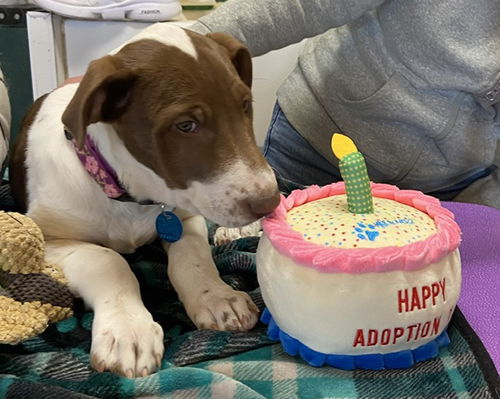Collie and Sheltie Health ConcernsHeartwormThere is a comprehensive discussion of heartworm and its causes, with maps showing its geographic distribution, on the American Heartworm Society website. Interceptor is the ONLY safe heartworm prevention medication for Collies, Collie-mixes, Shelties and Sheltie-mixes. This is because Interceptor does not contain the drug ivermectin, which is known to have deadly effects in these and some other breeds. Heartworm prevention is easy. Give an Interceptor tablet once a month. Ask your vet if Interceptor needs to be given year-round in your area, or from spring to fall (normally, April to November). More and more vets recommend giving Interceptor 12 months out of the year. No HeartguardHeartguard, another heartworm medicine, does contain Ivermectin. Never give Heartguard to a Collie or a Sheltie. Between 30-50 percent of Collies have a deadly reaction when given ivermectin. Susceptible Collies cannot metabolize ivermectin, which allows the drug to reach toxic levels in the brain. Shelties already prone to epilepsy have been known to have seizures after taking Heartguard. Hence the adage commonly used by vets: “White feet, don’t treat.” No Heartguard! Why Collies and Shelties Cannot Take Heartguard and IvermectinIn 2001, Katrina Mealey, DVM, with Washington State University’s College of Veterinary Medicine discovered that drug sensitivities result from a mutation in the multi-drug resistance gene (MDR1). This gene encodes a protein, P-glycoprotein that is responsible for pumping many drugs and other toxins out of the brain. Approximately three of every four Collies have the mutant MDR1 gene. The MDR1 mutation has also been found in Shelties. The mutant MDR1 gene makes certain medications extremely dangerous to them. Dogs with the mutant gene cannot pump some drugs out of the brain as a normal dog would, which may result in abnormal neurologic signs. The result may be an illness requiring an extended hospital stay or even resulting in death. Other breeds with the mutant MDR1 gene include Australian Shepherds, Old English Sheepdogs, English Shepherds, German Shepherds, Long-Haired Whippets, Silken Windhounds, and a variety of mixed breed dogs. The only way to know if an individual dog has the mutant MDR1 gene is to have the dog tested. As more dogs are tested, more breeds will probably be added to the list of affected breeds. How To Obtain InterceptorIf your veterinarian does not have Interceptor immediately available, ask for a prescription so you can order it online. If your vet won’t prescribe Interceptor for your Collie or Sheltie, do not accept this opinion! Even a DVM can be wrong. Your dog’s health and very life could be at stake. If your vet is educable, refer him or her to the information and links below. No Imodium (loperamide)Some vets prescribe anti-diarrhea medications for dogs such as Imodium, which contains loperamide. However, because of their MDR1 sensitivity, Collies and Shelties should never be given Imodium or medications containing loperamide. MDR1-Related Drug SensitivitiesFor more information from the Washington State University’s College of Veterinary Medicine about the MDR1 mutation, University’s Veterinary Clinical Pharmacology Lab’s Multidrug Sensitivity in Dogs. The University also offers drug sensitivity testing for your dog. For complete information and instructions for getting your dog tested, see WSU's MDR1 Testing for Dogs and Cats webpage. Other drugs are dangerous to Collies, Shelties, and other breeds that carry the MDR genetic mutation. Be aware that studies show that 75 percent of Collies do have this mutation and are at risk! This means that these drugs — including Heartguard –are a very serious health concern. See the University’s Veterinary Clinical Pharmacology Lab’s Problem Medications for Dogs list. Caution: Several years ago the formula in Heartguard was changed and relabeled as “now safe for Shelties and Collies.” However, at-risk dogs can still react to it.
Help With Former Mill DogsDogs rescued from puppy mills have unique behavioral challenges. Please see our Mill Dog Survivor Tips. |

